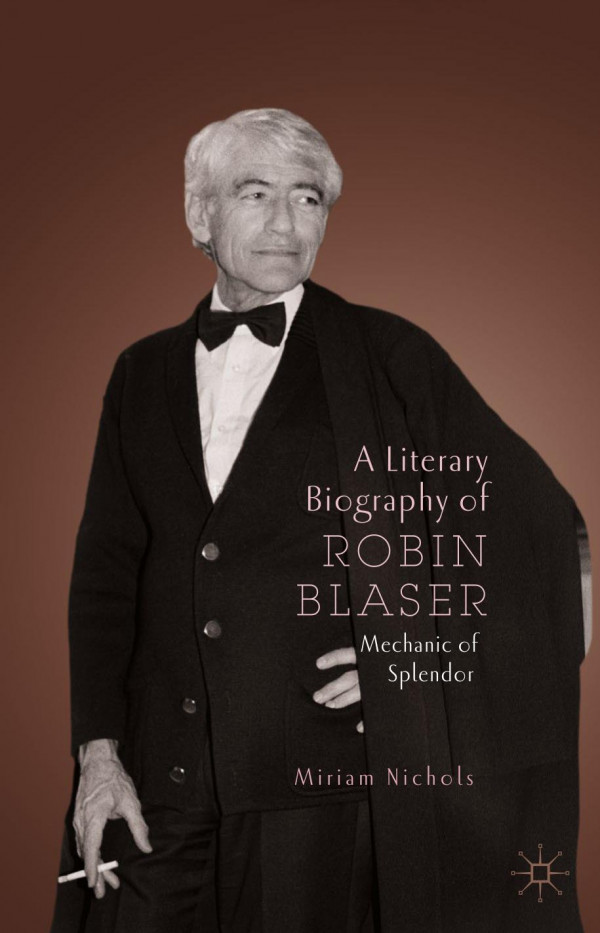

Most ebook files are in PDF format, so you can easily read them using various software such as Foxit Reader or directly on the Google Chrome browser.
Some ebook files are released by publishers in other formats such as .awz, .mobi, .epub, .fb2, etc. You may need to install specific software to read these formats on mobile/PC, such as Calibre.
Please read the tutorial at this link. https://ebooknice.com/page/post?id=faq
We offer FREE conversion to the popular formats you request; however, this may take some time. Therefore, right after payment, please email us, and we will try to provide the service as quickly as possible.
For some exceptional file formats or broken links (if any), please refrain from opening any disputes. Instead, email us first, and we will try to assist within a maximum of 6 hours.
EbookNice Team

Status:
Available0.0
0 reviewsA Literary Biography of Robin Blaser: Mechanic of Splendor is the first major study illustrating Robin Blaser’s significance to North American poetry. The poet Robin Blaser (1925–2009) was an important participant in the Berkeley Renaissance of the 1950s and San Francisco poetry circles of the 1960s. The book illuminates Blaser’s distinctive responses to and relationships with familiar writers including Robert Duncan, Jack Spicer, and Charles Olson via their correspondence. Blaser contributed to the formation of the serial poem as a dominant mode in post-war New American poetry through his work and engagement with the poetry communities of the time.
Offering a new perspective on a well-known and influential period in American poetry, Miriam Nichols combines the story of Blaser’s life—coming from a mid-western conservative religious upbringing and his coming of age as a gay man in Berkeley, Boston, and San Francisco—with critical assessments of his major poems through unprecedented archival research.This literary biography presents Blaser’s poetry and poetics in the many contexts from which it came, ranging from the Berkeley Renaissance to the Vancouver scene; from surrealism to phenomenology; from the New American poetry to the Canadian postmodern; from the homoerotic to high theory. Throughout, Blaser’s voice is heard in the excitement of his early years in Berkeley and Boston and the seriousness of the later years where he was doing most of his living in his work.